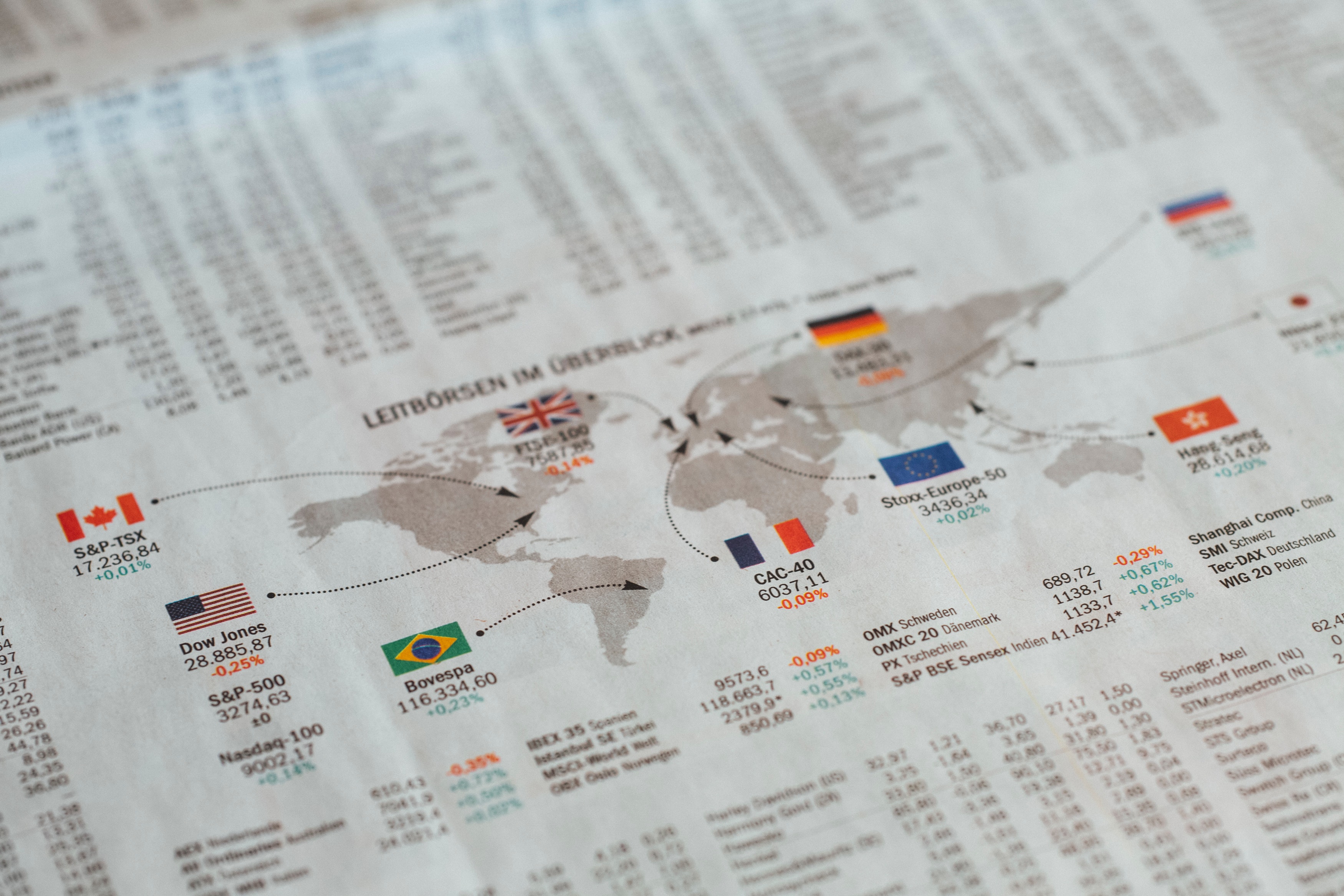If you’re a forex trading enthusiast, it’s easy to lose sight of the big picture when you focus like a laser beam on minute by minute price changes and profit making. But what’s the whole foreign exchange (FE) market about, anyway? Why do corporate accountants, CEOs, prime ministers, presidents, and international entrepreneurs care so much about foreign exchange rates?
There are plenty of reasons for business owners to watch FE rates closely. In some cases, a modest move in the value of the dollar, yen, rial, or baht can mean the difference between a profitable year and a losing one. Traders know how quickly scenarios can change. The US dollar, for example, can be strong in the morning and weak in the evening. If you don’t conduct forex trading with USD in any of your chosen currency pairs, the change might mean nothing at all to you. But to a company whose home currency is dollars, a dip in the value of USD can spell disaster, especially if there are several international contracts still in the works. Here are some things to keep in mind if you want to have a firm understanding about how FE rates affect businesses of all sizes. But first, if you would like to learn more about foreign exchange trading, there are some fantastic apps out there that can help. For example, you can take a look at this fxcm review for some inspiration.
Valuation Can Be Tough
Accountants don’t like the idea of assets that constantly change value. If you own or manage a company that has significant international holdings, a good deal of your assets is valuated in foreign currencies. That means you have to make estimates about the value of your company at any given time. Because FE rates change minute by minute, your firm’s finance team can at best make estimates about what your inventory, buildings, and equipment are worth.
Deals Can Go Sour When Currencies Weaken
International construction firms are exceptionally prone to foreign exchange moves. That’s why payments are often spread out over long periods from the beginning of a job through completion. If US-based XYZ company agrees to build a sports complex in Peru, for example, the two parties will have to be very careful about payment arrangements. If the dollar or sol change much in value during the project, one side is apt to get burned.
Winners
Who wins when there’s an appreciation in value of the home currency? If you’re a US-based importer, you won’t be very happy to read a headline like, “Dollar Dives Against Most Major Foreign Currencies.” You’ll now be paying with weak dollars for the goods you buy from other nations. Effectively, you just witnessed a price rise for everything you import. Your expenses went up due to the international economy, over which your company has not control at all.
Losers
Who loses when the home currency appreciates? Say you’re a US-based exporter, and the dollar appreciates by five percent within a month’s time. Those goods you sell to foreign-based buyers are now more expensive to them. They’ll buy less, and your profits will go down. The apparent good news you read in the financial pages, “US Dollar Surges in Strength,” is actually very bad news for your company because all those overseas buyers now have to pay more for your goods.



